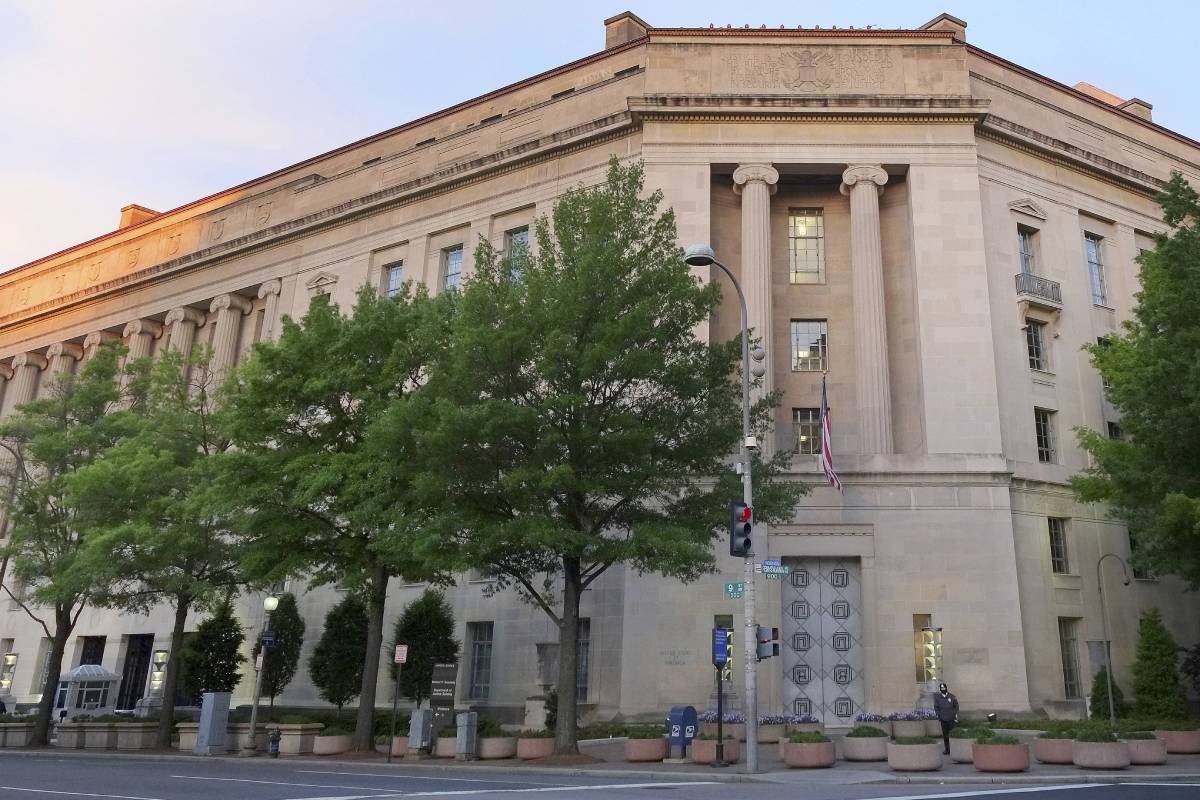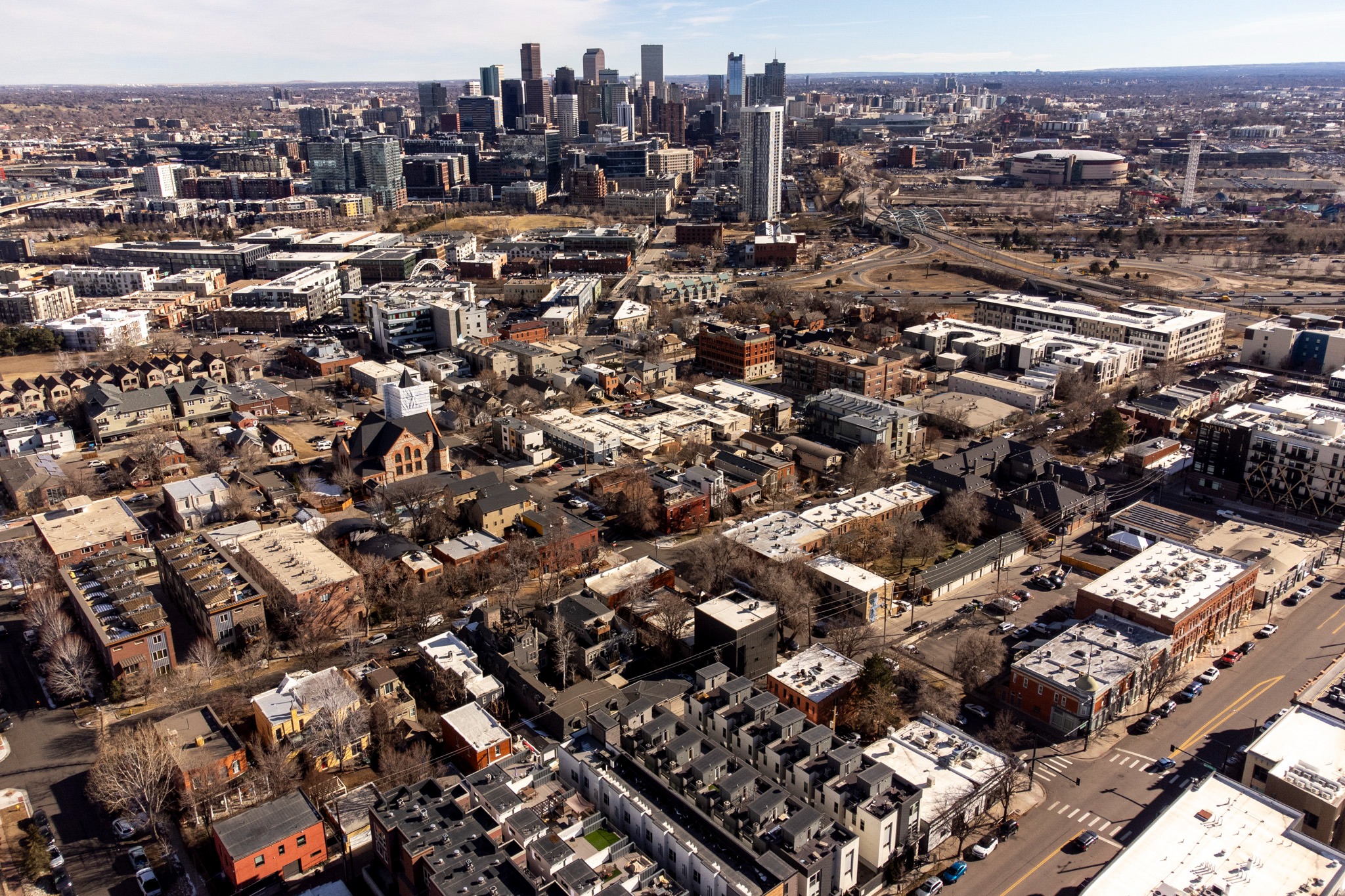
Update, 1:14 p.m., 5/30: The Trump administration updated the list of "sanctuary jurisdictions" Friday, removing Weld and El Paso counties.
The Trump administration declared the state of Colorado, most of the state’s counties and several cities as immigrant sanctuary jurisdictions Thursday — the next step in a long-running dispute that will likely be settled in court.
The move, required by a presidential executive order issued 30 days ago, now puts into motion a review process that could lead to the withdrawal of federal funds to the state as well as counties and local governments listed in Thursday’s declaration. Court challenges to the designations are all but certain.
The lines of the dispute are already pretty clear. The administration argues that state and local governments are required to aid the federal government in enforcing civil immigration laws. The state and local governments argue that they have no role in enforcing civil federal laws and are responsible solely for not preventing immigration agents from doing their jobs in public places.
For example, Colorado prohibits local jurisdictions from holding inmates in jails beyond their sentences or after they post bail, but does not prohibit them from letting immigration agents know when an inmate is going to be released. It then becomes the responsibility of Immigration and Customs Enforcement agents to be there at the time of release to take into custody immigrants who are suspected to be in the U.S. illegally. ICE complains that they don’t have the resources to respond to all the notifications.
Local authorities also provide backup to ICE and other federal agencies during enforcement operations, but ICE argues that police, deputies and troopers in other states like Florida, Tennessee and Texas take a much more active role.
Even as he signed legislation last week further restricting local governments from helping federal immigration enforcement, Gov. Jared Polis said the state is not a sanctuary for unlawfully present immigrants.
“Our state and local law enforcement cooperate with federal authorities in identifying, apprehending, and prosecuting criminals, regardless of their immigration status,” Polis wrote in a statement after signing the bill, SB 25-276. “But to be clear, state and local law enforcement cannot be commandeered to enforce federal civil immigration laws and taken away from fighting crime.”
That’s not how the U.S. Department of Justice sees it. It has already sued the state and Denver to force greater cooperation with federal immigration authorities.
“Sanctuary cities protect dangerous criminal aliens from facing consequences and put law enforcement in peril,” the department wrote Thursday in a statement accompanying the list.
Among the Colorado cities that made the list are Denver, Aurora, Boulder, Fort Collins, Durango and Vail. Counties include Denver, Boulder, Adams, Arapahoe and Eagle among others, but also some counties with large Republican populations like El Paso and Weld. Douglas County is the only metro Denver county not listed.
Correction (May 30, 2025): The headline on an initial version of this story listed an incorrect federal department as the source of the list.







